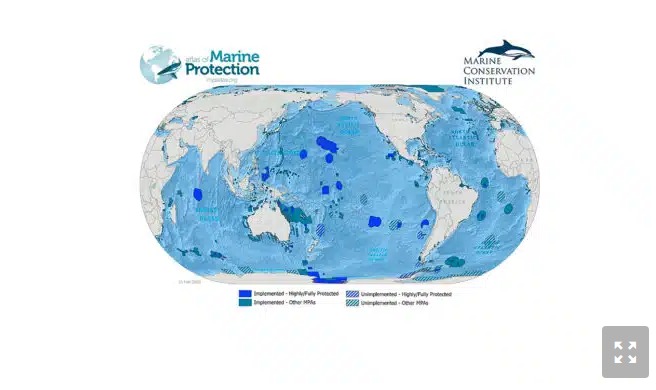The Albanese government has claimed it is “on track” to have national climate targets that would be in line with keeping global heating to 1.5C in a report to Unesco on efforts to protect the Great Barrier Reef.
The federal and Queensland governments are trying to convince Unesco not to recommend the world’s biggest coral reef system be placed on a list of world heritage sites in danger – with a decision due at a meeting in India in July.
Last year Unesco’s 21-country world heritage committee followed recommendations from Unesco that Australia should submit a report by 1 February that would review progress against a list of concerns, including action on improving water quality, sustainable fishing and climate change.
Across 21 commitments previously made to Unesco to keep the reef off the world heritage “in danger” list, Australia was “on track” with 10, had completed nine and two more were “in progress”, the government’s report said.
On climate change, the world heritage committee had said Australia needed to strengthen its cornerstone Reef 2050 plan “to include clear government commitments to reduce greenhouse emissions consistent with the efforts required to limit the global average temperature increase to 1.5C above pre-industrial levels”, saying this would help limit the impacts of global heating on the reef.
Global heating caused mostly by fossil fuel burning is pushing up ocean temperatures. Coral reefs are one of the most susceptible ecosystems to global heating.
The Great Barrier Reef has suffered six mass bleaching events since 1998 and scientists are concerned that wave damage and flood plumes from two cyclones this summer could have caused further damage.
In the report, submitted to Unesco’s World Heritage Centre in Paris on Thursday, the federal government said it “commits to set successively more ambitious emissions reduction targets” that would be “in alignment with efforts to limit global temperature increase to 1.5C”.
The independent Climate Change Authority is due to submit advice later this year to the climate change and energy minister, Chris Bowen, on what Australia’s emissions reduction target should be for 2035. Australia has already set a net zero by 2050 target and a 43% reduction by 2030.
However, research from two leading scientists who contribute to the UN climate panel’s global assessment of climate targets has suggested Australia would need to set a 2035 target of 90% to do its fair share of keeping global temperatures to 1.5C.
UN experts have been concerned for years that progress to reduce sediment, nutrients and pollution running into the reef’s waters has been too slow.
The government said about $534m from a $1.2bn funding package up to 2030 would “accelerate actions to meeting water quality targets”.
Queensland had not implemented its sustainable fisheries strategy by the end of 2023, as promised, and was still finalising a commitment to remove gillnet fishing from the northern third of the reef.
The environment minister, Tanya Plibersek, said: “Labor is acting on climate change, improving local water quality, protecting our marine life, dealing with invasive species and investing a record amount of money into reef programs.”
Unesco and its science advisers at the International Union for Conservation of Nature will consider the government’s report before making recommendations ahead of the world heritage committee’s July meeting in New Delhi.
On Friday the government will also release a strategy to restore and protect wetlands in the catchment of the Great Barrier Reef.




